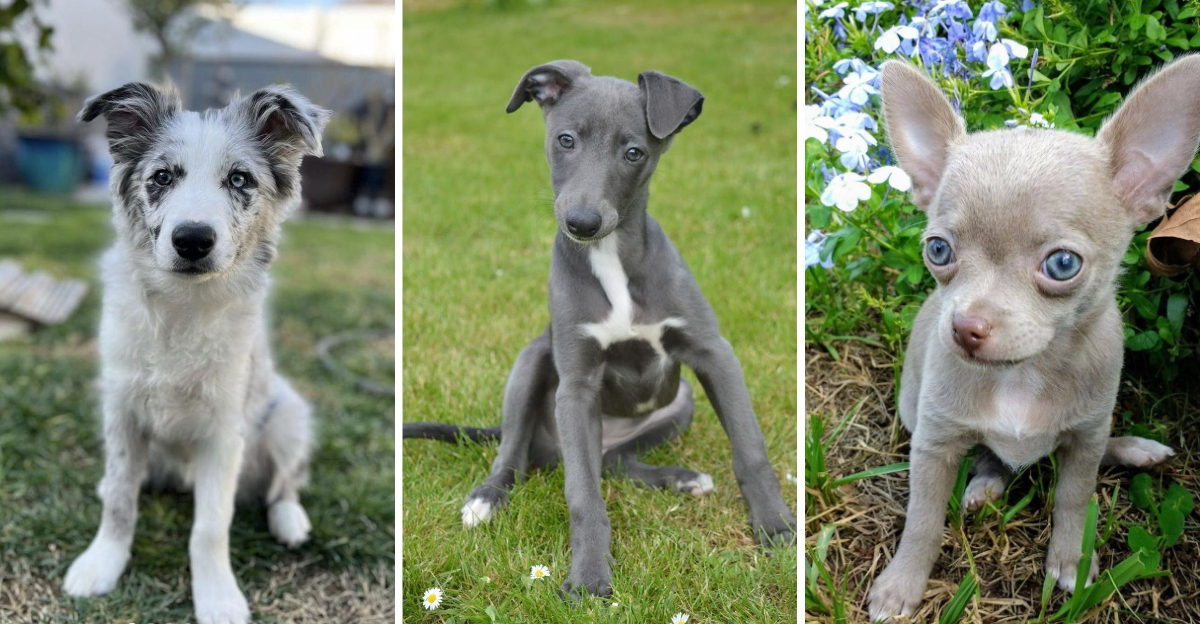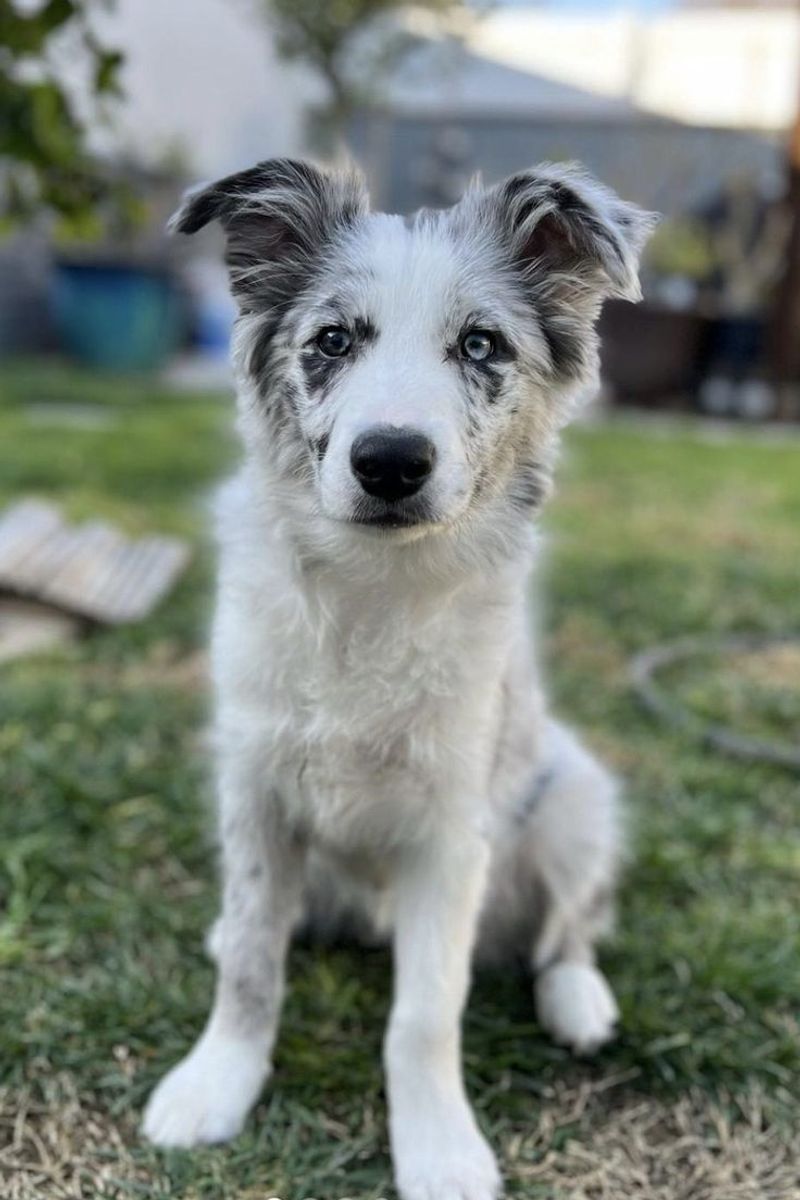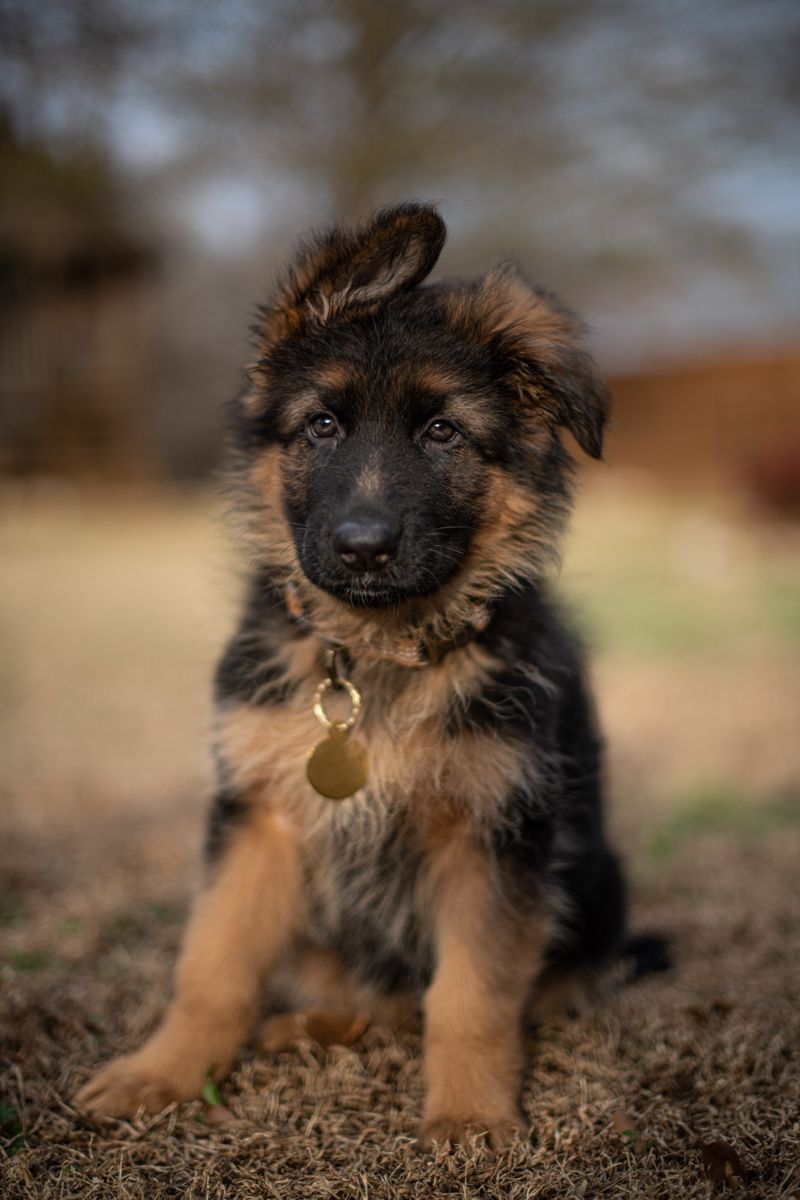📖 Table of Content:
While many dog breeds are celebrated for their loyalty and affectionate nature, some are more prone to anxiety than others. These breeds may struggle with situations like being left alone, encountering unfamiliar environments, or lacking adequate mental stimulation. Their sensitive nature requires owners to be mindful of their emotional well-being and provide a stable, nurturing environment.
Dogs prone to anxiety often benefit from consistent routines, plenty of physical exercise, and mental stimulation to keep their minds engaged. Activities like interactive play, training sessions, and companionship help reduce their stress levels and promote a sense of security. By understanding what triggers their anxiety, owners can take proactive steps to ensure their dogs feel safe and supported.
Exploring the unique needs of these 13 breeds highlights the importance of tailoring care to each dog’s temperament. From providing extra attention to creating a calm and structured environment, small changes can make a big difference. These insights can help owners foster stronger bonds with their pets while ensuring they lead happy, balanced lives.
1. Chihuahua
Chihuahuas, known for their tiny stature, often have big personalities filled with nerves. Their small size makes them vulnerable to feeling overwhelmed by larger surroundings or strangers. Owners must provide a sense of security by creating a cozy environment.
Taking the time to introduce new people and experiences gradually can help. Regular routines and gentle handling are crucial for this sensitive breed.
2. Border Collie
Brilliant herding dogs, Border Collies thrive on mental stimulation and can develop anxiety if under-stimulated. Their highly intelligent minds may become restless without sufficient engagement, leading to nervous behaviors. Activities like agility training or herding exercises are excellent ways to keep them focused and content.
Another helpful thing that keeps their anxiety at bay is providing them with interactive toys and activities. Socialization is equally important for this breed.
3. Cavalier King Charles Spaniel
Affectionate and loyal, Cavalier King Charles Spaniels are prone to separation anxiety due to their strong bond with humans. Extended periods of being alone can cause them significant distress. Ensuring regular companionship and attention helps keep these loving dogs happy and secure.
Regular companionship is essential. Owners should consider engaging them in dog-friendly activities and providing comfort items like blankets or toys.
4. German Shepherd
German Shepherds are protective and loyal but can be prone to anxiety if not properly trained. Adequate socialization and obedience training from a young age can help mitigate anxiety issues. They thrive in environments where they have a job or task.
Owners should ensure regular physical and mental exercise to keep anxiety levels low.
5. Bichon Frise
Social and affectionate, Bichon Frises can become anxious if they don’t receive enough attention. These lively companions thrive on interaction and may feel insecure when left alone for extended periods. Regular playtime and grooming sessions help them feel loved and reassured.
Owners should make a point of spending quality time with their Bichon to prevent feelings of neglect.
6. Labrador Retriever
Known for their friendly demeanor, Labrador Retrievers can develop anxiety if they don’t get enough exercise. Regular physical activity is crucial to maintaining their mental and physical well-being. Providing them with plenty of opportunities to stay active helps keep these affectionate dogs happy and balanced.
Socialization with other dogs and people is also beneficial. Providing them with a structured routine can help ease any anxious tendencies.
7. Italian Greyhound
Known for their graceful appearance, Italian Greyhounds are sensitive dogs that can become anxious in unfamiliar settings. Gentle handling and a stable environment are essential to help them feel secure. These delicate companions thrive in calm and consistent surroundings.
Slow introductions to new experiences can make a significant difference. Ensuring warmth and comfort is vital for this breed’s well-being.
8. Cocker Spaniel
With their playful nature, Cocker Spaniels can develop anxiety when left without companionship. Their strong bonds with family members make them prone to stress when isolated. Ensuring they feel included and engaged helps maintain their emotional well-being.
Regular engagement and family activities are beneficial. Providing them with security and affection helps mitigate anxiety.
9. Miniature Schnauzer
Energetic and alert, Miniature Schnauzers can develop anxiety if not properly stimulated. Keeping their minds engaged through consistent training and interactive play is crucial. These activities help channel their energy and maintain their mental well-being.
Their curious nature means they need mental challenges. Owners should provide regular walks and engaging activities to prevent anxiety.
10. Poodle
Intelligent and eager to learn, Poodles require plenty of mental stimulation to prevent anxiety. Without enough challenges, their sharp minds can quickly lead to boredom.
Training sessions and puzzle toys can be beneficial. Regular exercise and a balanced routine are key to maintaining their emotional health.
11. Dachshund
Though known for their curious nature, Dachshunds can become anxious without proper outlets for their energy. Providing them with interactive toys and regular playtime can help channel their curiosity positively.
Socialization with other dogs is also important. Ensuring a safe and supportive environment is crucial for this breed.
12. Whippet
These dogs are gentle and affectionate but can suffer from anxiety in chaotic environments. They need a calm and stable setting to thrive. Regular exercise is important to keep their energy levels in check.
Owners should provide them with reassurance and comfort in new situations.
13. French Bulldog
French Bulldogs, with their playful and affectionate nature, may experience anxiety if not socialized properly. Early socialization and exposure to different environments can help them feel more secure.
They thrive in loving homes. Providing them with companionship and routine is essential for their emotional well-being.













